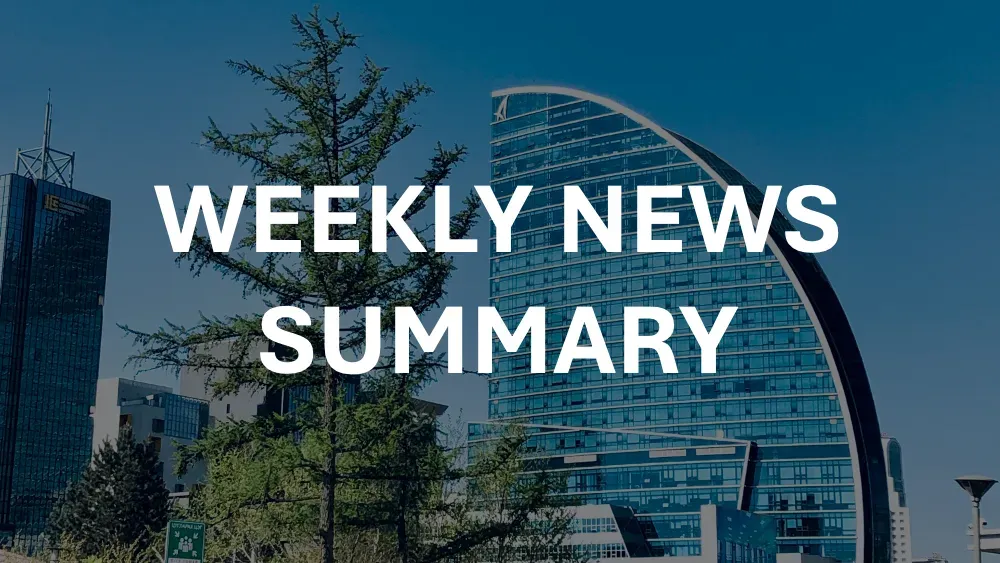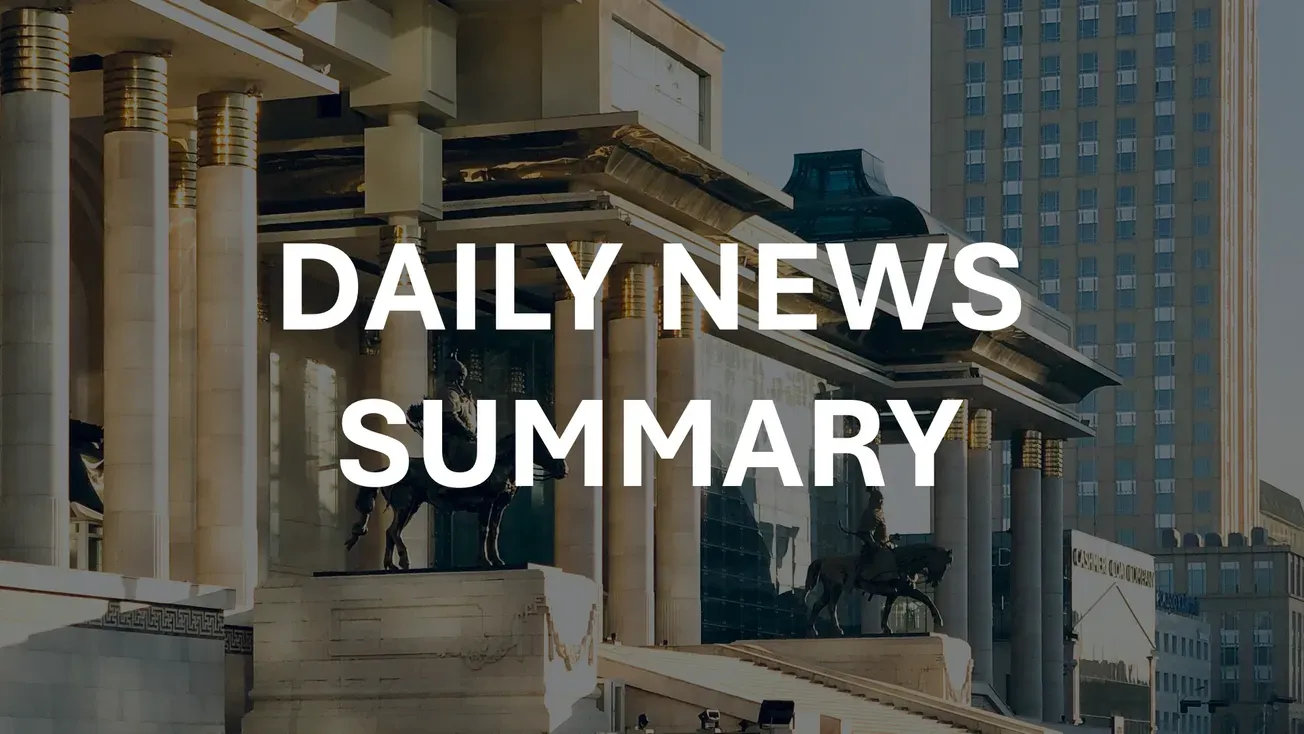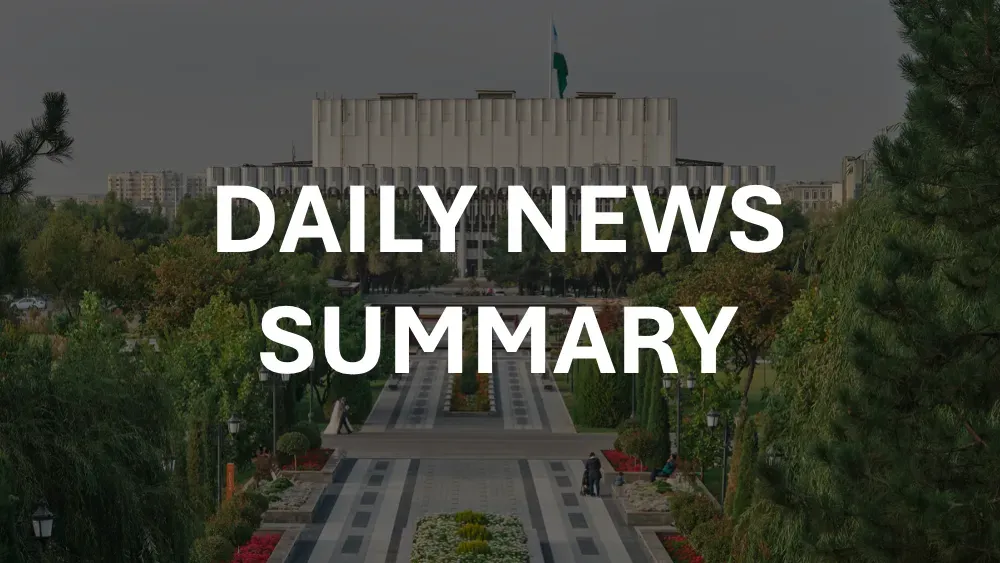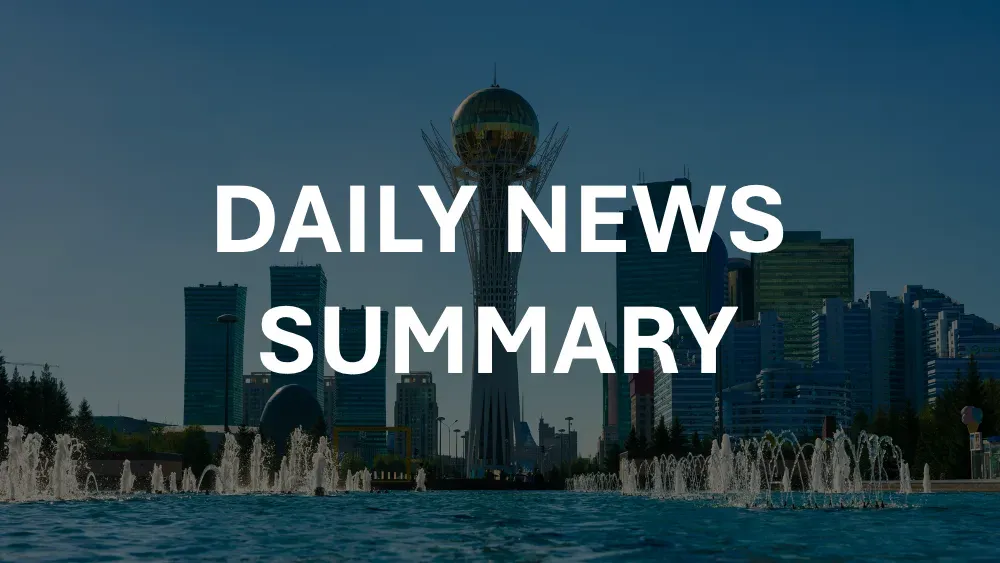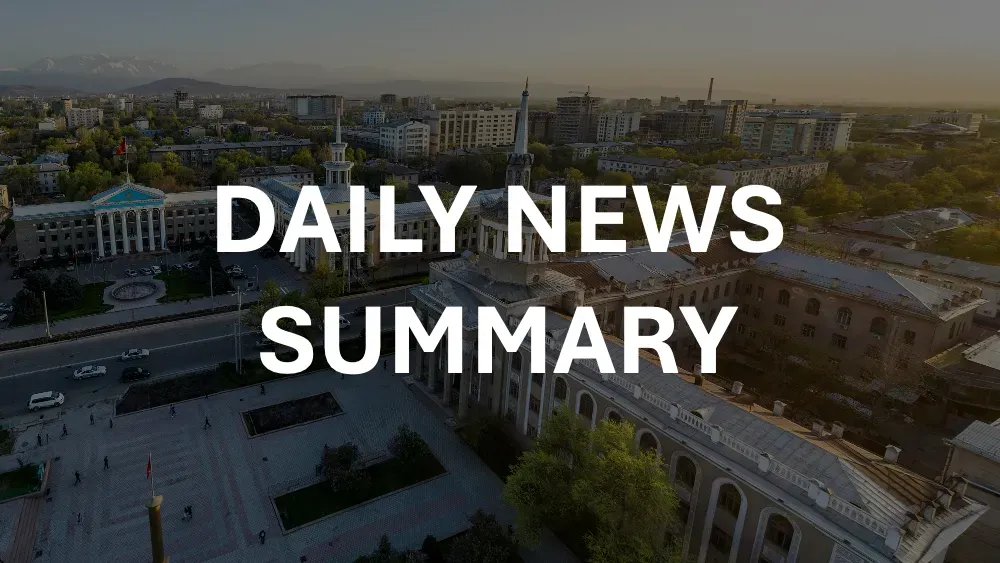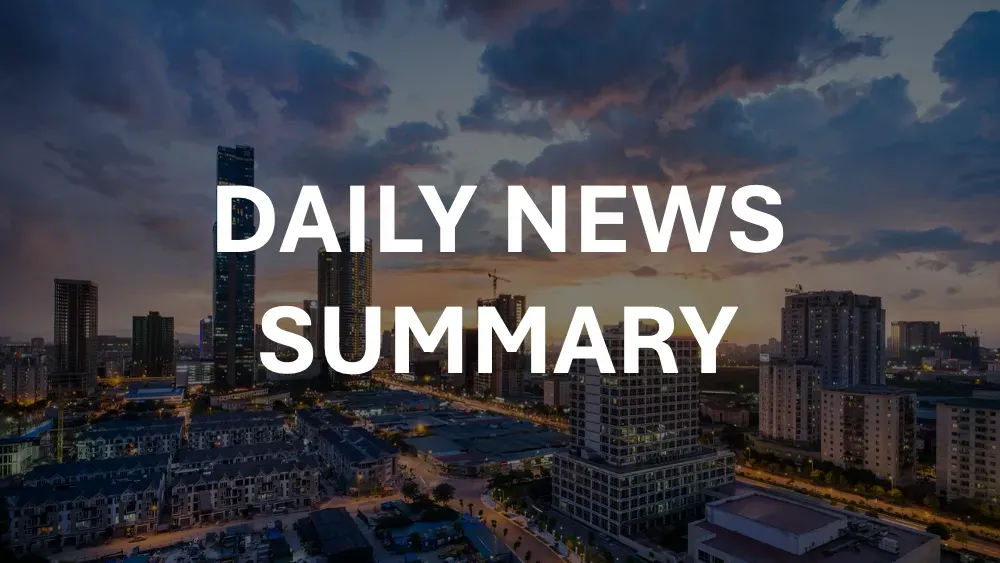This weekly digest showcases just 10 stories. Daily subscribers receive comprehensive intelligence briefs with 40 of the top stories organized by category. Don't miss the stories that matter.
Subscribe to Daily →
September 13, 2025 to September 19, 2025
This week's top 10 stories from Mongolia, selected from our daily intelligence briefs.
1. China Signals Willingness to Advance “Power of Siberia-2” with Mongolia and Russia; Backs SCO Development Bank and Ongoing Infrastructure Support
China signaled readiness to advance the Power of Siberia‑2 gas pipeline with Mongolia and Russia, conditional on mutual-benefit principles and feasibility studies, Chinese Ambassador to Mongolia Shen Minruan said. Beijing has already provided RMB 4 billion in aid and $1.8 billion in concessional loans for Mongolian infrastructure (roads, bridges, energy, schools, including the Erdeneburen hydropower plant) and supports the newly approved SCO Development Bank — a China‑proposed (2010) regional financing vehicle. Shen highlighted progress under the renewed China‑Mongolia‑Russia Economic Corridor on border ports, cross‑border transport and standards alignment, urging priority for midline rail upgrades and energy links; Mongolian parliamentary approval for the Gashuunsukhait–Gantsmod rail reportedly exceeded 90%.
Russian Ambassador A.N. Evsikov said Gazprom and CNPC have signed a memorandum in Beijing to develop Power of Siberia‑2 and its Mongolia segment (Soyuz‑Vostok), routing gas from Russia’s Yamal fields through Siberia and Buryatia into Mongolia and onward to China, potentially via the Ulaanbaatar rail corridor. Analysts note the project would support Russia’s pivot from Europe and help China diversify away from LNG/maritime risk, while supplying Mongolian cities (including Ulaanbaatar and Darkhan) and easing air pollution. Timelines are uncertain: first commercial flows could be as early as 2030 but may slip to the mid‑2030s due to financing, sanctions‑affected equipment supply, environmental permitting and Mongolia transit arrangements.
From daily brief: 2025-09-17
2. Finance Minister Proposes Doubling Local Share of Mining Royalties as Budget Debate Highlights Regional Imbalances
As Mongolia’s parliament opened debate on the 2026 state budget, attention centered on redistributing mining royalties to producing regions after MPs warned current allocations leave host communities uncompensated. MP N. Naranbaatar highlighted Umnugovi’s imbalance — MNT 3.4 trillion paid into the state budget versus only MNT 42 billion returned — arguing that unchanged redistribution will undermine local willingness to support extraction.
Finance Minister B. Javkhlan responded by proposing to raise the local development fund share from 10% to 20% and to introduce additional indexed increases for jurisdictions where mining occurs; formal proposals will be tabled soon. The shift would materially boost revenues for producing aimags and soums, address regional equity concerns, and could affect national fiscal transfers and local consent for future mining projects.
From daily brief: 2025-09-19
3. New Tech Campus Planned in Dalanzadgad to Train Mining-Sector Talent
The Umnugovi local government and the Mongolian University of Science and Technology (MUST) have signed a cooperation agreement to develop a comprehensive education and research complex in Dalanzadgad to expand training of engineers and technologists for the mining sector. The planned campus, located northeast of the Cultural and Recreation Park in the 10th bag, will include classrooms, dormitories, a clinic, library, staff housing and a research centre; a feasibility study is underway and project designs will be submitted to the national Government for investment approval.
MUST’s Umnugovi campus currently enrolls over 380 students and operates out of the Teacher Development Palace, with annual intake rising; officials discussed launching new curricula tailored to industry needs and jointly supporting provincial workforce development. For international stakeholders, the initiative signals Mongolia’s intent to localize technical training capacity near major mining operations, potentially improving talent pipelines and reducing skills gaps if the project secures government investment.
From daily brief: 2025-09-13
4. Central Bank Holds Policy Rate at 12% as Food Prices Nudge Inflation Higher
The Bank of Mongolia’s Monetary Policy Committee held the policy rate at 12% after its Sept. 15–16 meeting, citing a trade-off between earlier disinflation and a renewed uptick in August inflation to 8.8% nationally (9.8% in Ulaanbaatar) driven by flour, vegetables and meat. Governor B. Lkhagvasuren flagged risks that domestic financing of large government projects and softer global coal prices could weaken the tugrik and rekindle inflation; he noted that “if inflation remains stable at current levels, there is room to lower the policy rate going forward.” GDP rose 5.6% in H1 2025 led by agriculture, but the bank trimmed its 2025 growth forecast to 5.8% (from 6%) amid weaker-than-expected mining and external risks.
Officials reported FX rates on Sept. 16 (USD MNT 3,593 official; banks quoting cash USD 3,585/3,613) and official reserves around 5.6 billion (reporting unit unclear). The banking system’s loan book is MNT 44 trillion; consumer lending is cooling while business credit expands and roughly MNT 800 billion of 6% mortgages have been issued to 6,200 borrowers in 2025. Three economists urged a rebalancing away from a state- and budget-centric model toward tighter fiscal policy and clearer communication to reduce inflation and currency risk, highlighting fiscal deficits (spending >30% of GDP) as a key macro vulnerability.
From daily briefs: 2025-09-13, 2025-09-17, 2025-09-18
5. Minister Criticizes Oyu Tolgoi Board Members, Orders Formal Reporting and Coordination Plan
Mongolia’s Industry and Minerals Minister G. Damdinyam publicly rebuked three Erdenes Oyu Tolgoi–appointed board members of Oyu Tolgoi LLC—former minister N. Tserenbat, E. Bayasgalan, and E. Mendsaikhan—after a performance review of the country’s largest mining project. Damdinyam accused them of non-transparent and disorganized operations and ordered the submission of an official activity report along with a formal plan to consolidate information and improve coordination between the board and state bodies.
The ministry stressed that Mongolia’s representatives must act as a unified team to strengthen governance and information flows between the board and the cabinet—an ongoing governance concern for strategic deposits. The directive signals higher state scrutiny of corporate oversight at Oyu Tolgoi and could prompt changes in reporting practices or oversight mechanisms affecting project governance and state–company relations.
From daily brief: 2025-09-17
6. Leaders Split Over Tax Reform Package as Government Promotes VAT Rebates and Business Incentives
Mongolian leaders are publicly split over the government’s proposed “third-stage” tax reform, which Prime Minister G. Zandanshatar says will reduce tax burdens by MNT 3–4 trillion through expanded VAT refunds and targeted business incentives, with phased implementation starting in 2026–2027 and further consultation in Parliament. The executive frames the package as a historic budget move toward a more citizen-centered system, emphasizing sectoral incentives and staged rollout of measures.
Parliament Speaker D. Amarbayasgalan sharply criticized the draft as insufficient, arguing it offers “cosmetic fixes” rather than substantive relief for households and firms and calling instead for a broader overhaul aligned with international practices, including private pension accounts and comprehensive tax and social insurance reform. The dispute highlights potential legislative resistance and signals that more extensive changes or negotiations may be required before the package — currently under D-Parliament consultation — can secure approval.
From daily brief: 2025-09-18
7. Week in Review: Plague Response, Coal Fuel Shift, Ex-President’s Accusations, Power Reform Debate, and Nepal Unrest
This week Mongolia faced public-health, energy and political pressures: a confirmed bubonic plague case in Tsagaan-Uul (Khuvsgul) triggered local lockdowns and monitoring of 110 contacts, with authorities reporting no pneumonic transmission; Health Minister J. Chinvren said plague vaccine imports have lapsed due to supply and standards issues and that the ministry will consider emergency stockpiles. In energy policy, Ulaanbaatar will fully ban raw coal this winter and require households to switch to semi-coke (priced at 5,000₮ per 25 kg) from Oct 1, with app-based purchasing replacing the “Sain” card by Dec 15 — a move aimed at pollution reduction but one that is fueling social strain.
Political tensions intensified as former President N. Enkhbayar publicly accused senior officials of corruption and called for resignations, while MP S. Tsenguun criticized stalled energy-market liberalization and “populist” policies for creating an energy crisis. Economic strains were visible domestically in pensioners’ protests demanding a 1.5 million₮ minimum pension amid rising fuel costs. Regionally, mass protests in Nepal culminated in the prime minister’s resignation following deadly clashes, underscoring broader fragilities in governance and public trust.
From daily brief: 2025-09-14
8. Prime Minister Warns Ministers of Dismissal Under New Accountability Pact
Prime Minister G. Zandanshatar has signed a four-clause, 22-point accountability agreement with cabinet ministers that will be reviewed annually by December 31. The pact explicitly ties ministers’ tenure to adherence to constitutional principles — rule of law, democracy, justice, equality and national unity — as well as compliance with the prime minister’s policies and cabinet solidarity; breaches of law or cabinet discipline may prompt disciplinary measures up to dismissal.
The formalization of performance and conduct oversight introduces a stricter precedent for ministerial responsibility and signals potential reshuffles if standards are breached. By codifying review timing and clear grounds for removal, the agreement strengthens executive control over the cabinet and could affect governance stability and policy continuity in the coming year.
From daily brief: 2025-09-13
9. Trade Surplus Narrows as Exports Slide; Copper Gains Offset Coal Weakness, Passenger Car Imports Rise
Mongolia’s trade turnover reached $16.6 billion in January–August 2025, with exports of $9.2 billion and imports of $7.5 billion, leaving a $1.7 billion surplus—down $1.4 billion year‑on‑year as exports fell 13.8% ($1.5 billion), driven principally by a $2.7 billion (−43.7%) collapse in coal receipts and weaker washed cashmere, crude oil and semi‑processed gold sales. Copper concentrate partly offset the decline, surging $1.5 billion (+74.7%), likely reflecting sustained Oyu Tolgoi output and firmer prices; passenger car imports rose $128.6 million even as overall imports edged down $24.7 million.
Price indices show mixed signals: Mongolia’s terms of trade index was 146.9 in July 2025 (up 3.2% month‑on‑month and 5.0% from end‑2024 but down 4.1% year‑on‑year), export prices were 4.7% higher than June yet 8.0% below last year (export price index 166.1), and import prices softened (import price index 113.1, −4.1% y/y). Transport sector metrics highlight the commodity exposure: the transport producer price index fell 6.5% y/y in August, road transport prices dropped 17.3%, and road freight revenues declined 28.6% in H1 due to weak coal demand, although July–August coal sales rebounded (Erdenes Tavan Tolgoi JSC operating under a special regime increased sales to 1.6× the H1 average), signalling tentative stabilization amid ongoing price volatility.
From daily briefs: 2025-09-13, 2025-09-16, 2025-09-18
10. State Bank Raises US$200 Million in 3-Year Bond Listed in Singapore to Expand Green Lending
Mongolia’s State Bank raised US$200 million through a three‑year bond listed on the Singapore Exchange, with investor demand surpassing the target and participation from prominent international funds, marking the bank’s first long‑term foreign market fundraising. The deal — structured to deepen investor engagement with Mongolian state‑owned enterprises — signals external confidence in the bank’s credit profile and could help bolster foreign reserve buffers.
Proceeds will finance environmentally friendly projects, new product development and wider credit access as State Bank targets green lending to reach 10% of its loan book by 2030. CEO O. Gantör framed the issuance as a step toward broadening future external financing and supporting Mongolia’s sustainable development commitments.
From daily brief: 2025-09-19
About This Weekly Digest
The stories above represent the most significant developments from Mongolia this week, selected through our AI-powered analysis of hundreds of local news articles.
Stories are drawn from our daily intelligence briefs, which synthesize reporting from Mongolia's leading news sources to provide comprehensive situational awareness for international decision-makers.
These weekly highlights are a small sample of what's happening. Daily subscribers get comprehensive briefings with 40 top stories that connect the dots between events, track developing stories, and provide the context you need for informed decision-making.
Upgrade to Daily →
